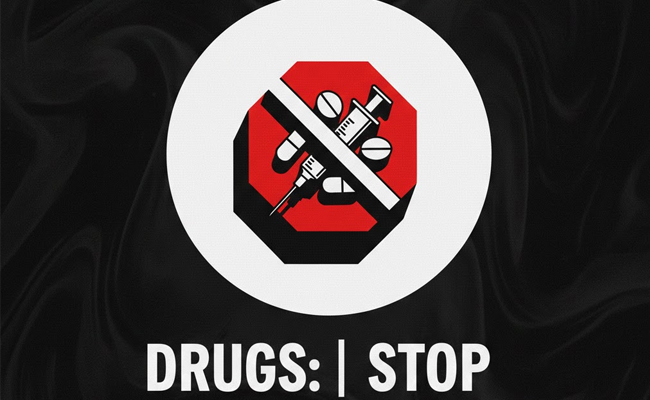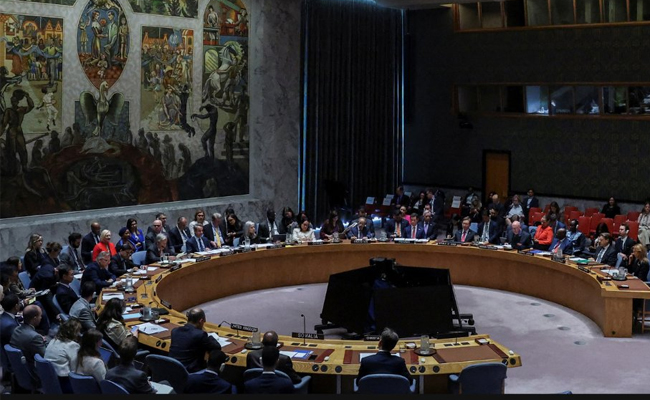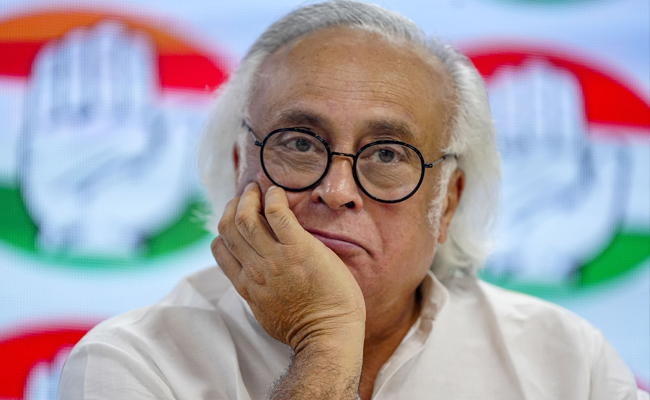Washington: Nearly all applicants of US visas will have to provide information on their use of social media under the new rules adopted to enhance vetting of foreign nationals seeking entry into America.
The State Department adopted a new policy on Saturday under which most visa applicants, including temporary visitors, will be required to list their social media identifiers in a drop down menu along with other personal information.
Applicants will have the option to say that they do not use social media if that is the case.
If a visa applicant lies about social media use, they could face "serious immigration consequences" as a result, a US Department of State official told Hill.TV.
For now, the drop down menu only includes major social media websites, but the applicants soon will be able to list all sites that they use.
This is a critical step forward in establishing enhanced vetting of foreign nationals seeking entry into the United States," the official told Hill.TV.
"As we've seen around the world in recent years, social media can be a major forum for terrorist sentiment and activity. This will be a vital tool to screen out terrorists, public safety threats, and other dangerous individuals from gaining immigration benefits and setting foot on US soil."
The social media identifiers will be incorporated into a background check review against watchlists generated by the US government. Applicants will also be required in the future to turn more extensive information on their travel history.
The policy stems from a March 2017 executive order issued by President Donald Trump intended to put "extreme vetting" into place. The State Department published its intent to implement the policy in March 2018.
Let the Truth be known. If you read VB and like VB, please be a VB Supporter and Help us deliver the Truth to one and all.
Hyderabad (PTI): As many as 22 temporary roadside sheds where furniture was manufactured and sold have been gutted after a fire broke out in one of them here, and no one was injured in the incident, police and fire department officials said on Wednesday.
This massive fire accident occurred in an area under the Bachupally police station limits at around 11 pm on Tuesday. After originating in one of the sheds, the flames spread quickly to adjacent sheds, destroying wooden furniture and other materials required for manufacturing furniture.
Six fire tenders were rushed to the spot, and the fire was extinguished, a police official said.
Based on preliminary investigation, the official said the blaze started due to a short circuit.
Eye-witnesses have stated that there was a short circuit on a pole, and the wire fell onto the sofas, which caught fire. Within minutes, the fire spread, police said.





